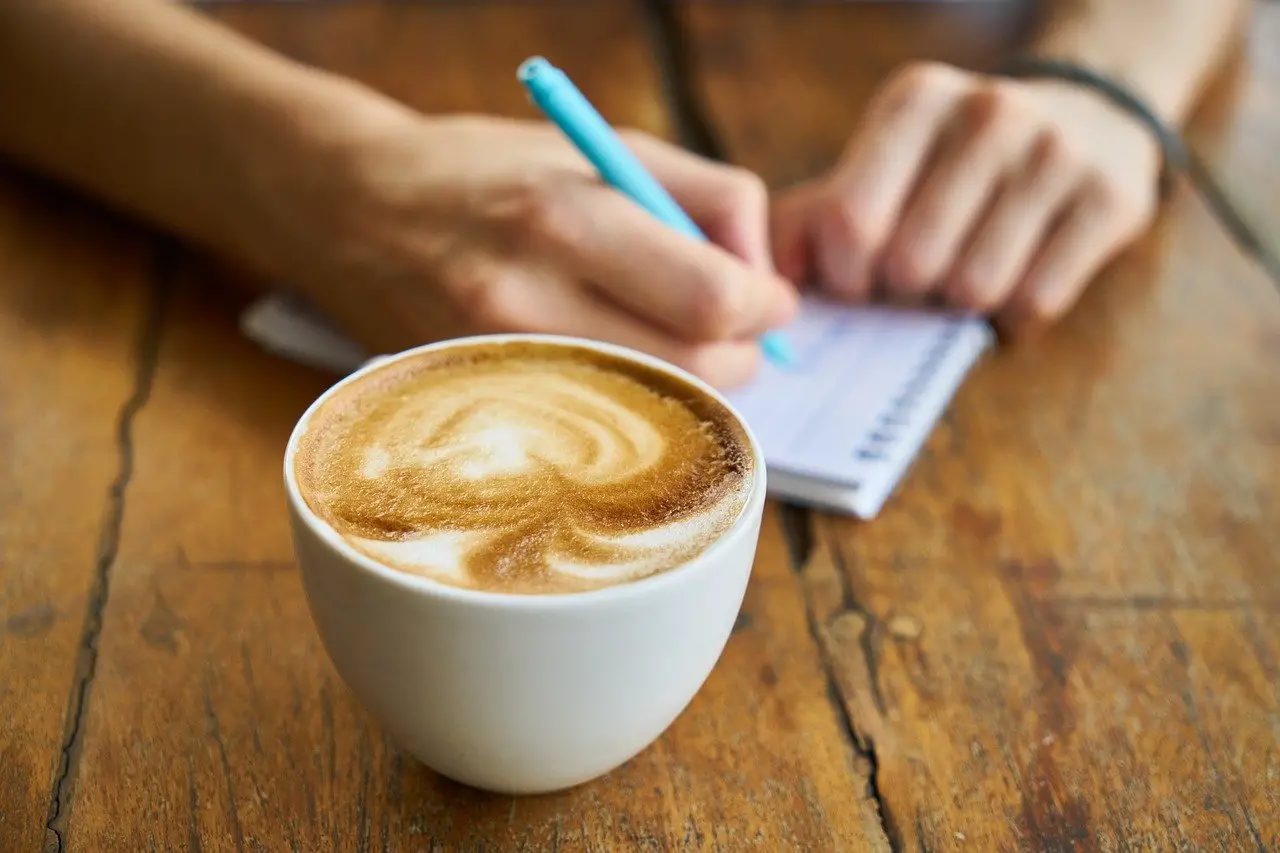For many of us, coffee is more than just a drink – it’s an experience. The aroma of freshly brewed coffee, the heat and the taste that spreads on the tongue, a relaxed sigh of well-being… yes, coffee has a very special place in the heart.
So how do you do to brew really good coffee? Join us as we go through some benchmarks on the way to the perfect cup of coffee.
Storage of coffee
Ground coffee beans lose light taste and aroma. Air, light, moisture and heat are the worst enemies of ground coffee. The most common thing is that we give the coffee too much air. In an open bag, the coffee can be destroyed in a very short period of time, sometimes enough for a day.
The best thing is to leave the ground coffee in the original packaging and put it all in a tightly sealed jar. Then store the jar in a cool and dark place such as in the pantry.
Should coffee be stored in the fridge?
A stirring hot discussion that divides the coffee lovers into two camps is whether the coffee should be stored in the fridge or not. Some large coffee giants say that their coffee will have a longer shelf life if stored in the fridge, while other coffee makers definitely advise against storage in the fridge.
Our diplomatic advice is therefore that you get to test what storage (and the taste the storage gives) that suits you.
Grind the beans yourself
To make sure you get really freshly ground beans, you can purchase a coffee grinder and grind the beans yourself. How rough you will grind depends on the type of brewer you have.
Coarsely ground: the coffee is about as coarse as raw sugar, which fits well into a pressure cooker.
Intermediate: about as coarse as powdered sugar and suitable for percolators and ordinary coffee makers
Finely ground: the degree of grinding is as fine as icing sugar, which is suitable for espresso machines and mocha brewers.
Lime off the brewer
If you live in areas with hard water, it is important that you lime off the coffee maker regularly because the lime affects the taste. Here you can read how to descale your coffee maker or espresso machine.
Always use cold and freshwater directly from the tap. Coldwater contains more oxygen which gives better coffee flavor. If the water is very lime-rich, you may want to buy a water filter can to filter the lime before pouring it into the brewer.
Dose right
A smart investment is to acquire a real coffee measure (one measure per cup). You can also use one spoonful of spoon per cup, but it is more imprecise. If you want a stronger coffee, it is better to take a darker roasting degree than to pour more coffee.
Tip! Moisten the filter before filling with coffee – this way you flush away any side-effects from the filter while avoiding that it sucks up water and coffee during brewing itself.
The role of the filter in the whole
Several coffee specialists recommend buying oxygen bleached coffee filters. An unbleached filter often gives off “sluggish” taste aromas that affect the taste of the coffee. An ordinary bleached filter, on the other hand, often contains unwanted chemicals – instead invest in an oxygen-bleached filter that gives very little flavor to the coffee while it is free of chemicals.
You can test the quality of the filter yourself by pouring some boiling water through and then tasting – has the water got any strange taste or not? If you’re more of a tea drinker, you can read this Guide on kratom tea.
